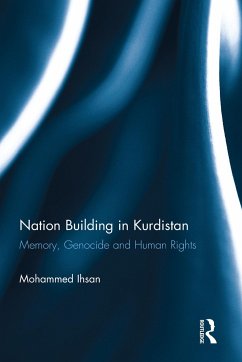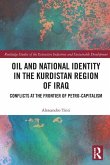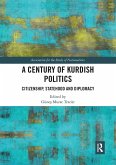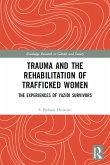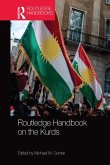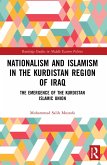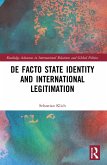The Kurdish people and the Kurdish Regional Government faced huge challenges rebuilding their nation and identity after the atrocities and human rights abuses committed by Saddam Hussein and his regime. In 2005 a new Iraqi constitution recognized as genocide the persecution of Faylee Kurds, the disappearance of 8,000 males belonging to the Barzanis and the chemical attacks of Anfal and Halabja paving the way to the investigations and claim by Kurdish people. This book provides in-depth analysis of the tensions caused by the Kurdish experience, the claim for the independence of a united Kurdistan and the wider tendency towards political and social fragmentation in Iraqi society.
Bitte wählen Sie Ihr Anliegen aus.
Rechnungen
Retourenschein anfordern
Bestellstatus
Storno

